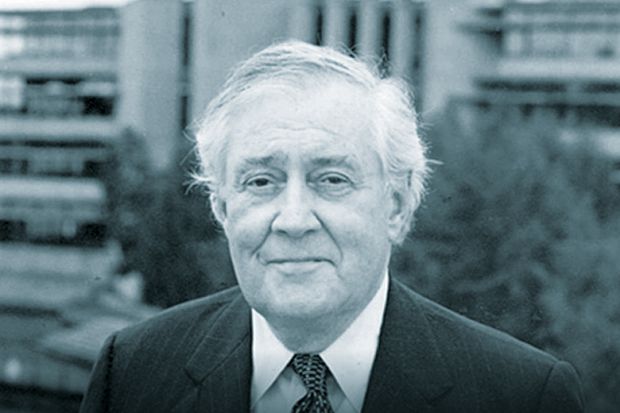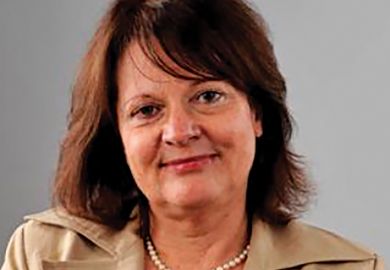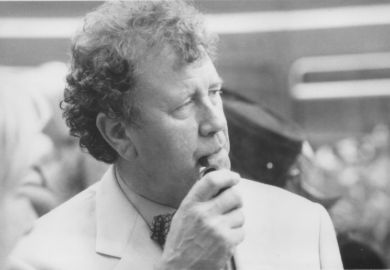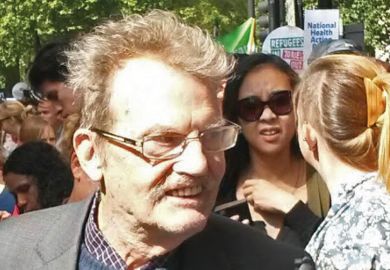The founding president of Trent University in Ontario has died.
Thomas Symons, the son of a First World War flying ace, was born in Toronto in 1929. He studied at the University of Toronto (1951), went on to a further BA (1953) and then an MA at the University of Oxford (1957) before returning to Toronto as a tutor in history, where his teaching covered everything from antiquity to modern Canada.
In 1961, the citizens of Peterborough – a much smaller city located about 80 miles north-east of Toronto – asked Professor Symons to create a university there. He thus became the founding president of Trent University, sometimes known as “Oxford on the Otonabee [River]”, though he himself cited Durham University as his model for an institution made up of a federation of small interdisciplinary colleges. He would always remain wary of the way that universities overly committed to growth can become victims of “academic elephantiasis”.
One of Professor Symons’ key goals, however, was to promote the study of every aspect of Canadian life. While at Trent, he established the country’s first indigenous studies programme, followed by a programme in Canadian studies and the pioneering Journal of Canadian Studies. After serving as vice-chancellor until 1972, he spent the next three years chairing a national Commission on Canadian Studies whose findings – published as To Know Ourselves – helped shape the thinking of scholars and policymakers for decades.
Closely involved in Trent even after he retired as Vanier professor emeritus in 1994, Professor Symons was equally active outside the academy. He served, for example, as the chairman of the policy advisory committee (1968-75) for the then leader of the opposition, Robert Stanfield, and as Ontario’s Commissioner of Human Rights (1975-78), where he helped promote civil rights for homosexuals. He also spent close to two decades on the council of the Association of Commonwealth Universities, including stints as chair (1971-72) and as honorary treasurer (1974-87).
Leo Groarke, Trent’s president, described Professor Symons as “an elder statesman in the best sense – an intelligent, witty and compassionate leader...His values remain at the heart of the university he started: in its commitment to the liberal arts and sciences, a university made up of colleges, and the school for the study of Canada and indigenous studies...I will especially miss the wonderful evenings of spirited conversation that [my wife] and I were lucky to share with Tom and Christine surrounded by books and a crackling fire.”
Professor Symons died on 1 January and is survived by his wife, Christine Ryerson, and their three children and five grandchildren.
Register to continue
Why register?
- Registration is free and only takes a moment
- Once registered, you can read 3 articles a month
- Sign up for our newsletter
Subscribe
Or subscribe for unlimited access to:
- Unlimited access to news, views, insights & reviews
- Digital editions
- Digital access to THE’s university and college rankings analysis
Already registered or a current subscriber?








